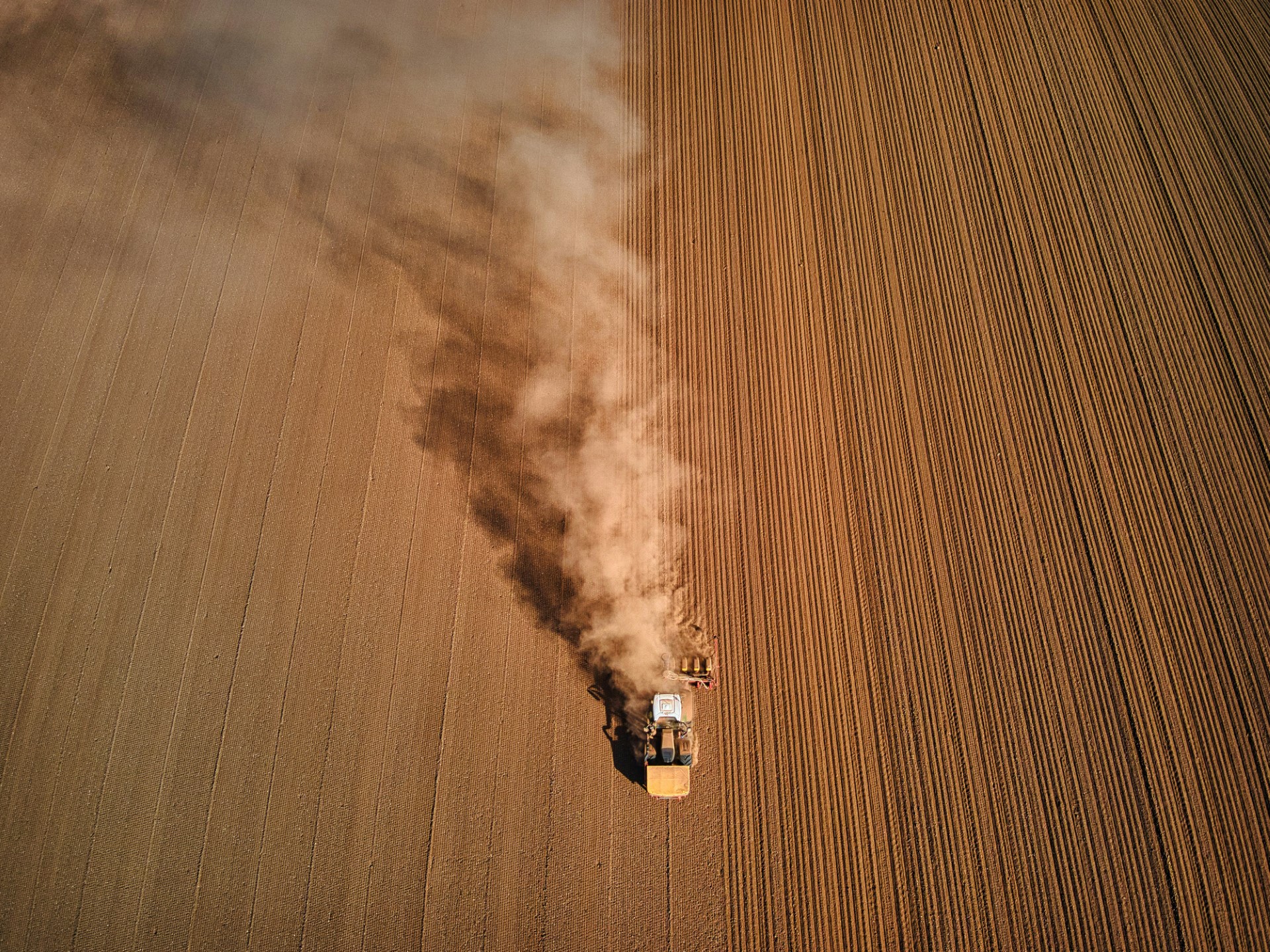
NRI is part of a transdisciplinary hub consisting of 34 leading research and stakeholder organisations aiming to help all four UK governments to drive the land use transformations required to reduce greenhouse gas (GHG) emissions.
Co-led by The James Hutton Institute (JHI) and the University of Leicester, the Land Use for Net Zero (LUNZ) Hub has received £6.5 million in funding from UK Research and Innovation (UKRI). It will provide all UK and devolved nations timely evidence around land use, from renewable energy to soil carbon and green finance, to help drive the land transformations needed to achieve net zero by 2050. The hub will also play a pivotal role in helping to communicate more widely the critical importance of land and how it is used as a major carbon sink or source.
Agriculture and land use have a major impact on GHG emissions, as well as a wide range of other environmental, societal and economic outcomes, but progress towards decarbonisation is lagging behind other sectors. LUNZ will be a key conduit for actions to achieve the commitments of the Declaration on sustainable agriculture, resilient food systems and climate action announced at the recently concluded climate summit (COP28) in Dubai. The declaration states the UK government’s intent to act on land use and climate change by increasing public financial support and scaling science-based solutions.
Achieving the transformational change in land management needed will depend on government access to world-class research and innovation and a novel approach to collaboration across a variety of critical stakeholders. It will also require insights and expertise from the large transdisciplinary, cross-sectoral community with on-the-ground knowledge and understanding of relevant sectors like agriculture and energy.
Hub co-lead, JHI’s Prof Lee-Ann Sutherland, said: ‘The science behind land use is highly complex. It is influenced by a range of economic, social and environmental factors, and complicated further by a changing evidence base, novel market forces, the emergence of new data and models, and disruptive technologies such as artificial intelligence. Our aim is to bridge the gap between researchers and policy makers and our work will be focused on meeting specific policy-maker needs, giving them the evidence they need in the format and timeframe they need it.’
At the heart of the challenge is understanding how transformative change can be achieved and predicting the impact of proposed approaches against multiple environmental, societal and economic outcomes. A central strand of the Hub’s approach will be the development of innovative and feasible net zero scenarios and associated pathways – novel tools based on advanced modelling methodologies that can predict the impacts of different policy interventions across a variety of metrics.
To achieve its objectives, the hub will operate through innovative delivery mechanisms including:
- The Agile Policy Centre which will ensure rapid access for policymakers to findings from the best available, established, and novel research. It will achieve this by synthesizing and sharing knowledge across disciplines in easily accessible formats that cater to various policy-maker needs.
- The Net Zero Futures Platform will enable the development of novel and plausible net zero scenarios and associated pathways. These will help policymakers understand how transformative change can be achieved and predict the impact of proposed approaches against multiple environmental, societal and economic outcomes.
- The Creative Methods Lab will develop innovative materials for a programme of public engagement such as cultural animation, artistic facilitated focus/action groups and serious games.
- The Agricultural Systems Viability Index will quantify the likely uptake, social barriers and acceptability, cost and impact of interventions and technologies at different scales (farm, regional, national) for different commodity types and mixes.
Dr Parag Acharya, Senior Fellow in food innovation and alternative protein expert at NRI is one of the lead researchers in the LUNZ hub. He is keen to understand the UK land use change implications due to potential market expansion of the alternative protein sector. Animal protein production is associated with significant environmental pressure including GHG emission and land exploitation. Replacing meat with meat alternatives could spare land for carbon dioxide removal and boost GHG mitigation. However, not every type of animal alternative protein sources will contribute to the same extent. Acharya will contribute to a scenario development exercise which will incorporate trade-offs among the alternative protein value chains. By including these trade-offs, the hub could sketch a realistic perspective on what might be coming down the road in terms of land use change.
Acharya said: ‘I am super excited to be part of this strategic alliance and look forward to developing further insights about the role of alternative protein innovation in UK land use change. Considering the importance of protein transition for Net Zero and Green Future, this is so timely. There is work ongoing across the UK, and we would like to collate and combine these outcomes, along with the input/feedback from various experts and stakeholders, into a position paper for future policy development.’
For further inquiries, please contact Dr Parag Acharya. For more general information or to organise an interview with one of the HUB members contact LUNZ head of communications Matthew Orman (

